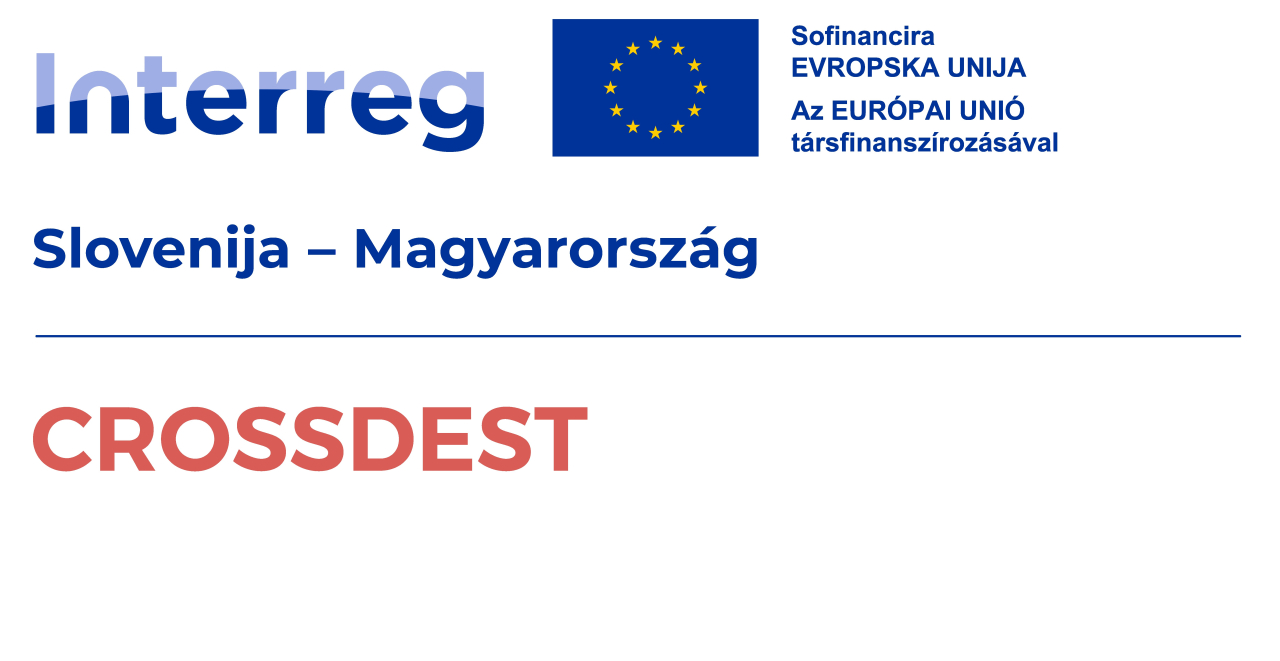

Travelling with the SDGs – Exploring a new kind of tourism
Travel today means far more than just relaxation or seeking adventure. For an increasing number of visitors, it’s important that the journey they embark on not only provides experiences but also represents values. But what does this mean in practice? And what does it mean to travel in line with the UN’s Sustainable Development Goals (SDGs)?
What are the SDGs and how do they relate to travel?
The UN's 17 Sustainable Development Goals (SDGs) are a global framework outlining targets to make the world a better place by 2030: for example, eradicating poverty, reducing hunger, tackling climate change, ensuring gender equality, or providing access to clean water.
The SDGs cover all aspects of life – including tourism. Tourism can either be a tool to achieve these goals or a barrier if not managed responsibly. The aim of conscious travel is to choose the former.
Although it may not seem obvious at first, these goals are closely intertwined with tourism. When travelling, people make decisions – about where to stay, what to eat, how to get around, and who to support with their money and attention. These choices directly influence whether the trip supports or undermines these global goals. An “SDG-based traveller” makes decisions that align with the vision of a more sustainable world.

How does a tourist who considers the SDGs behave differently?
An SDG-based traveller, someone who considers the UN's Sustainable Development Goals, approaches travel differently from traditional tourists. Their primary focus is on ensuring their decisions have a positive impact on people, the environment, and local communities.
For instance, they consciously choose accommodation, restaurants, or activities that support local businesses, thereby reducing economic inequalities (SDG 8 – Decent Work and Economic Growth, SDG 10 – Reduced Inequalities). They also pay close attention to their environmental footprint: avoiding single-use packaging, choosing energy-efficient accommodation, and, where possible, travelling on foot or by public transport (SDG 12 – Responsible Consumption and Production, SDG 13 – Climate Action). They behave in a culturally sensitive manner, showing interest in and respecting local traditions and customs (SDG 11 – Sustainable Cities and Communities, SDG 16 – Peace, Justice and Strong Institutions). They seek experiences that promote social inclusion – for example, visiting places where disadvantaged individuals are actively involved in hospitality or leading activities (SDG 5 – Gender Equality, SDG 10).
Such travellers are not just collecting memories but creating real value – their individual choices contribute to building a fairer and more sustainable world.

The practice of value-based travel
The essence of SDG-based travel is that visitors do not solely focus on their own comfort but also consider the social, economic, and environmental impacts of their journey. For example, staying at a rural eco-farm where local ingredients are used (SDG 2 – Zero Hunger and SDG 12 – Responsible Consumption and Production), or where equality programmes are in place (SDG 5 – Gender Equality and SDG 10 – Reduced Inequalities), and where raising awareness among guests is a goal (SDG 4 – Quality Education), supports the local economy (SDG 8 – Decent Work and Economic Growth), social inclusion (SDG 10), and environmentally friendly living (SDG 13 – Climate Action).
This form of travel is not about sacrifice but about making choices that positively impact the world – while still enjoying equally rich and memorable experiences.

What does this mean for destinations?
SDG-based tourism benefits not only visitors but also serves as a guide for destinations. The SDGs create a common language: tourism providers, decision-makers, and visitors can all refer to the same principles.
This supports strategic planning, marketing, funding applications, and operational transparency. Providers and regions that align with the system can communicate based on a unified set of values – and this is increasingly becoming an expectation among conscious travellers.

Examples – when travel meets the goals
Imagine a traveller who values social equality. Their itinerary includes places where disabled individuals are involved in hospitality or craft programmes, where a café is run by a social enterprise, and where activities are offered by communities previously excluded from tourism.
Or think of a climate-conscious family who chooses to travel by train instead of flying, stays at accommodation powered by solar heating, and participates in a local tree-planting initiative. Their holiday is not just a memory but a real contribution to a more liveable future.

Not a campaign, not a trend – this is the future of tourism
SDG-based travel is not a campaign or a trend. It is a mindset that is becoming second nature to more and more people. Amid the world's complex challenges, an increasing number of travellers are seeking experiences that are not just for them – but carry meaning.
The question is not whether to travel. It is: how, where, and why?

How does this become tangible? – The I-DEST system example
The I-DEST platform offers travellers the opportunity to make decisions based not just on intuition but on concrete data. The system provides SDG-based filtering options: visitors can indicate whether climate protection, supporting local communities, or equality is most important to them – and receive recommendations for programmes, accommodation, or providers accordingly.
This is not theoretical: I-DEST bases all recommendations on real, measurable data, recorded by local providers through self-reporting and audited processes. For example, a hospitality venue that demonstrably uses local ingredients can visibly link to the “Zero Hunger” (SDG 2) or “Responsible Consumption and Production” (SDG 12) goals.
Travellers can therefore travel with the confidence that they are genuinely supporting the goals that matter to them, rather than relying solely on marketing messages.

SDG-based travel is not just a privilege for a select few but increasingly the foundation of future tourism. By consciously choosing – favouring local services, being mindful of environmental impacts, and showing respect for host communities – travellers create real change. This mindset not only supports the sustainability of destinations but also offers richer, deeper, and more human experiences. The language of the SDGs is clear and global, yet personal and action-oriented: it shows how every journey can become a step towards a fairer, more liveable world.
More News
All-
4 Mins

Read -
5 Mins

Read -
6 Mins

Read -
5 Mins

Read -
3 Mins

Read -
7 Mins

Read -
7 Mins
Read -
5 Mins
Read -
6 Mins

Read -
6 Mins

Read -
3 Mins

Read -
3 Mins

Read -
10 Mins

Read -
5 Mins

Read -
6 Mins

Read -
4 Mins

Read -
5 Mins
Read -
4 Mins

Read -
6 Mins
Read -
7 Mins

Read -
5 Mins

Read -
4 Mins
Read -
4 Mins

Read -
4 Mins

Read -
4 Mins

Read -
3 Mins

Read -
1 Mins

Read -
2 Mins
Read -
2 Mins

Read -
3 Mins

Read -
3 Mins

Read


